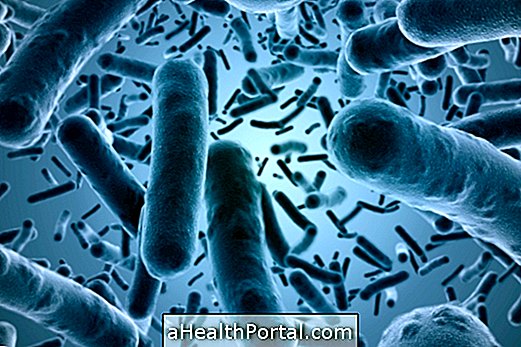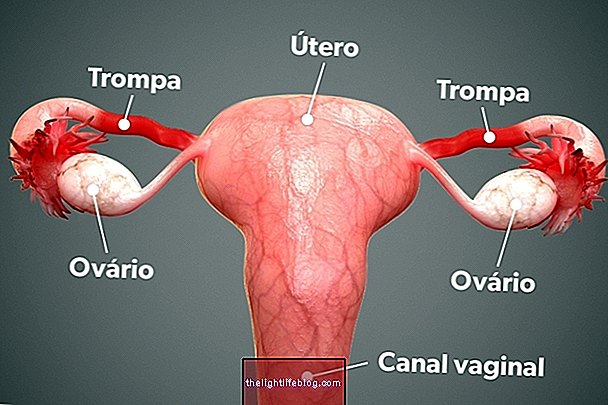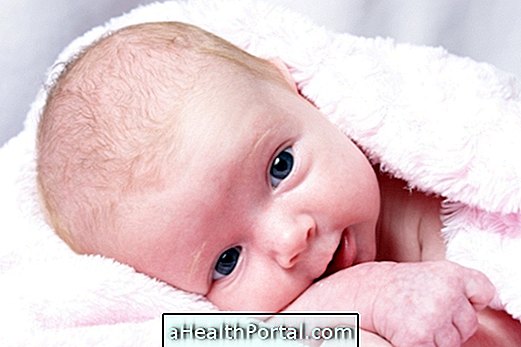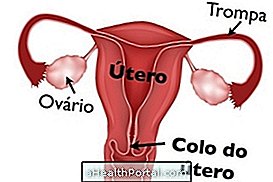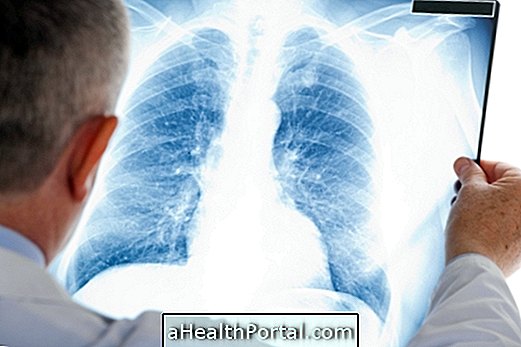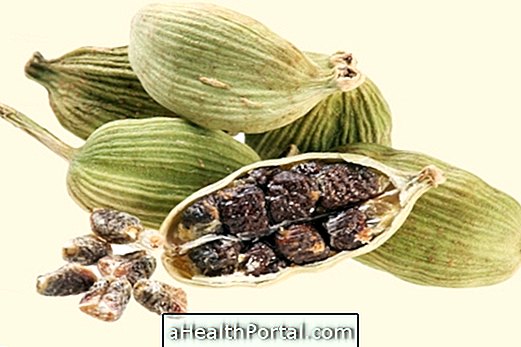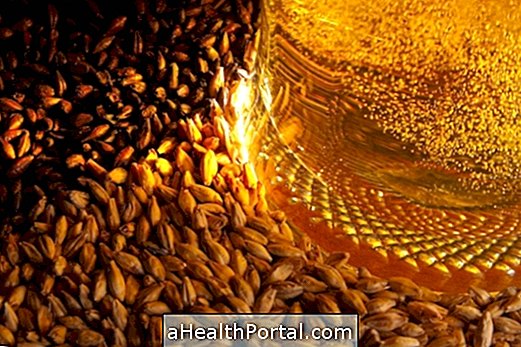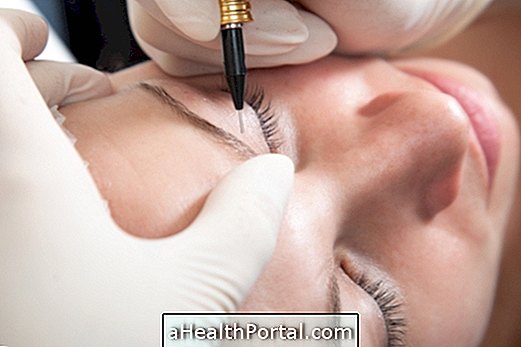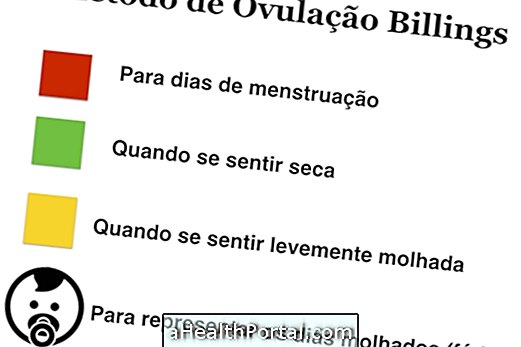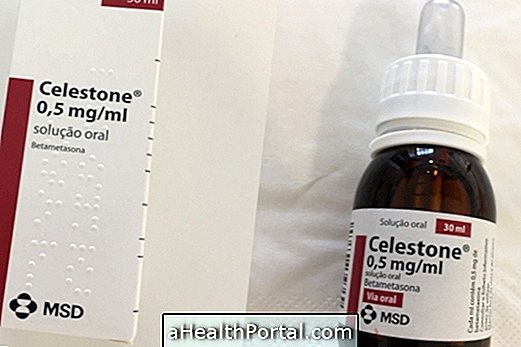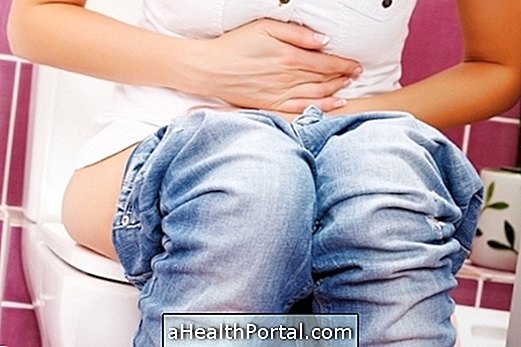Although HPV is directly related to the increased chances of developing cervical cancer, not all types of HPV cause cancer. Other types of cancer that may be linked to HPV are cancer of the vagina, vulva, penis, anus and also cancer of the mouth.
There is a greater risk of cervical cancer when you are infected with HPV type 16 and 18. However, this risk is even greater in people who smoke, take the contraceptive pill, have many sexual partners or have a sexually transmitted disease transmissible. This means that not all women who have HPV will develop cervical cancer.
The development of cervical cancer occurs slowly and therefore, when taking the treatment against HPV the chances of developing cancer decrease. When malignant changes are discovered early in their development there is a greater possibility of cure. Learn all about HPV.

HPV does not always have a cure
Some people who have the HPV virus may have a spontaneous cure in the first 2 years with the disease, but when this does not happen, HPV will have a definitive cure, being controlled only with the use of medications whenever the symptoms, such as genital warts and itching, manifest themselves.
The ideal is that when noticing any changes in the genital area make a medical appointment.
Signs that may indicate cervical cancer
Symptoms of cervical cancer usually only come at a later stage of the disease. But there are some warning signs that you need to go to the doctor, such as:
- Vaginal brown discharge with bad smell;
- Pain in the pelvic region and
- Vaginal bleeding after intimate contact.
Usually these symptoms indicate only some infection, but whoever has HPV should go to the doctor immediately because these symptoms can indicate complications such as cancer. The doctor should request tests such as a pap smear or biopsy colposcopy to identify changes in the uterine tissue that may represent the cancer and, depending on the result, indicate the appropriate treatment.
Treatment of cervical cancer can be done with radiation therapy or chemotherapy, in some cases surgery may be necessary to remove the uterus or other regions that may be affected.
How to prevent cancer
The best way to avoid cancer that is linked to HPV is not to be infected by the HPV virus.
But those who already have the virus should follow the treatment proposed by the doctor, taking all measures indicated by him to use condoms in all intimate contact, making sure that the lesions are properly covered by the condom, and investing in healthy eating to strengthen the Imune system.
Women who do not have HPV should avoid being infected, and treat any sexually transmitted disease because they increase the chances of being infected with HPV. It is advised to go at least once a year to the gynecologist and another possibility is to take the HPV vaccine, which is indicated for girls between 9 and 12 years of age, although it can also be applied to women and men up to 25 years old . See the side effects caused by the HPV vaccine.
